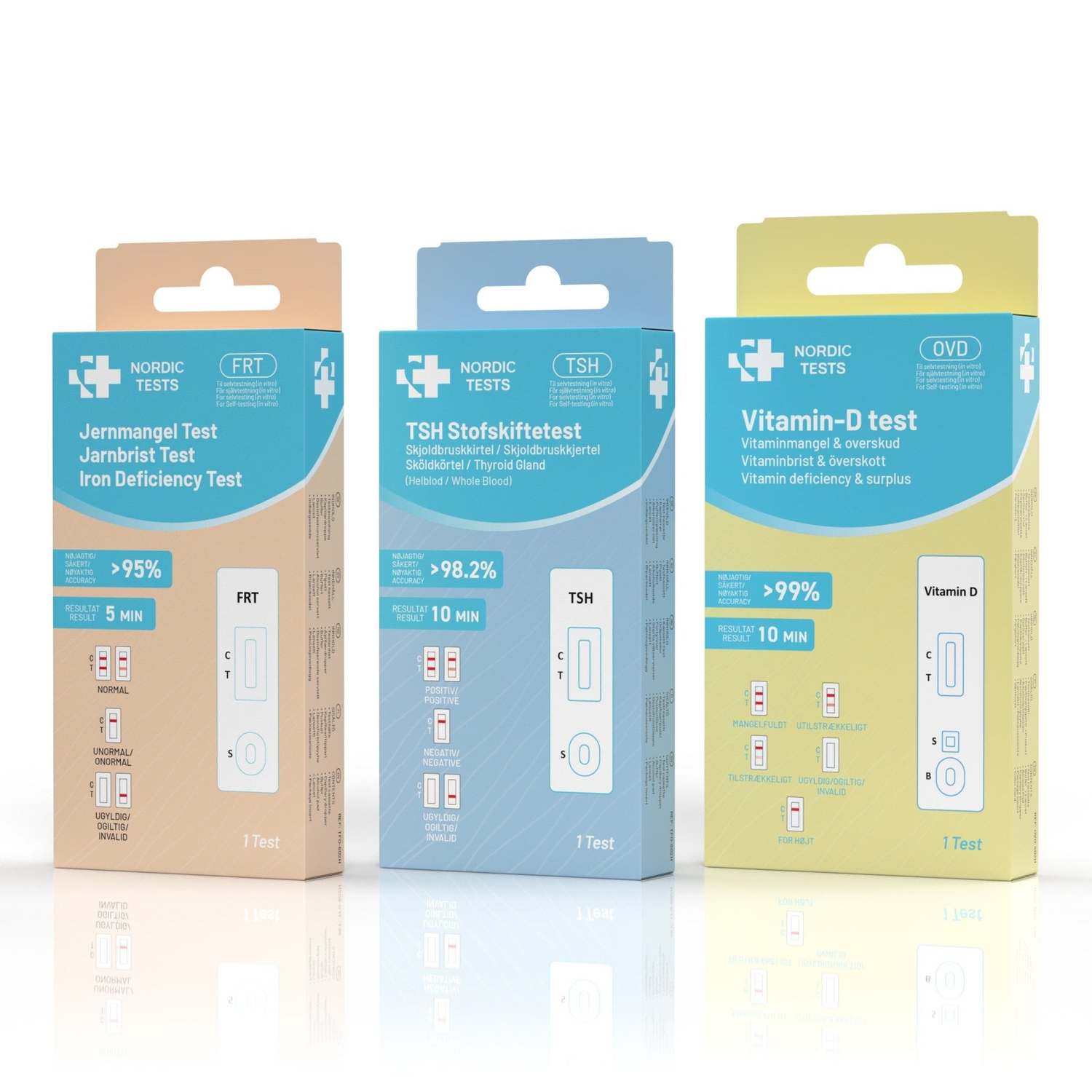
Menopause in women - symptoms of menopause
Menopause, also known as Menopause, is a natural part of life for all women. It is a phase where menstruation stops and hormonal changes begin to affect the body. For many women, this transition can be a challenging time, filled with physical and emotional symptoms. In this article we take a closer look at Symptoms of menopausehow the body reacts to the hormonal changes and how to handle menopause in a healthy way.
What is Menopause?
Menopause typically occurs between 45 and 55 years of age and marks the end of a woman's reproductive year. It happens when the ovaries gradually stop producing estrogen and progesterone, the hormones that control the menstrual cycle. When 12 months have passed without a menstruation, the woman is considered to be in menopause.
Symptoms of menopause
The symptoms of menopause vary from woman to woman, but most people experience a number of physical and mental changes. Some of the most common menopause symptoms women experiencing includes:
- Heat Tours: Sudden waves of heat that can cause sweat outbreaks and redness of the face and body.
- Night sweats: Hot flushes that occur at night and interfere with sleep.
- Sleep Problems: Many women of menopause experience sleep disorders and have difficulty falling asleep or sleeping through.
- Mood swings: Hormonal fluctuations can lead to irritability, depression and anxiety.
- Dryness in the vagina: The decrease in estrogen can cause vaginal dryness which can make intercourse uncomfortable or painful.
- Reduced sex drive: Hormonal changes can lead to a decrease in the sex drive of some women.
How does menopause affect the body?
In addition to the immediate symptoms, menopause may also have long -term effects on women's health. For example, the reduced production of estrogen can increase the risk of osteoporosis (osteoporosis) and cardiovascular disease. It is therefore important to be aware of the body's signals and take steps to maintain a healthy lifestyle throughout menopause.
Handling of menopause symptoms
Although menopause is a natural process, the symptoms can be challenging to live with. There are several ways to deal with the symptoms:
- Exercise: Regular exercise can help reduce hot flushes and improve mood.
- Diet: A healthy and balanced diet rich in calcium and vitamin D can strengthen the bones and reduce the risk of osteoporosis.
- Stress management: Yoga, meditation and other relaxation techniques can help relieve stress and anxiety.
- Hormone therapy: Some women choose hormone therapy to reduce the symptoms, but it is important to discuss this option with a doctor.
If you are interested in the relationship between abdominal inflammation and menopause in women, you may want to read our article on abdominal inflammation.
FAQ about menopause of women
-
What are the most common symptoms of menopause?
The most common Symptoms of menopause Includes hot flushes, night sweats, sleep problems, mood swings and vaginal dryness. -
How can I handle the symptoms of menopause?
You can handle the symptoms of exercising regularly, eating healthy, dealing with stress and considering hormone therapy after consultation with a doctor. -
When does menopause start usually?
Menopause typically begins between 45 and 55 years of age, but the symptoms can start earlier in a phase known as perimenopause. -
Can you be tested for menopause?
Yes, it is possible to have a test that measures your hormonal levels to assess whether you are menopause. If you experience symptoms and are in doubt, you can easily order one FSH testing to women to see what options are available to test your hormone levels.

